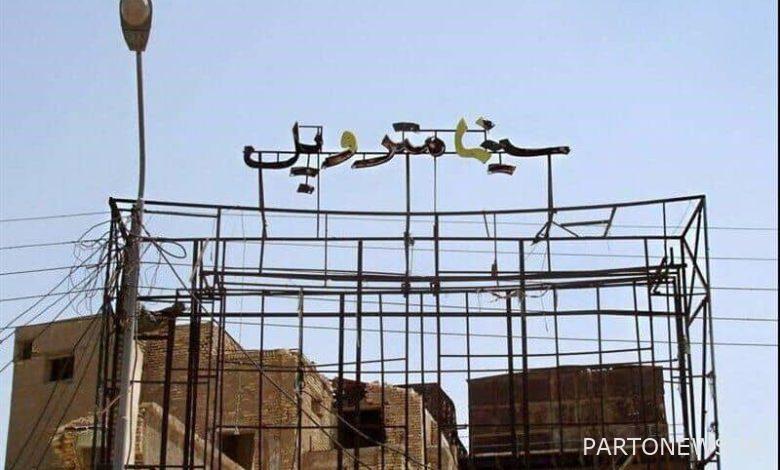About the movie “Metropole Cinema”; Collapse in the face of uncivilization

The scariest part of war is not its destruction and explosion and killing, it is when culture stops and ceases to reproduce.
Charso Press: “Cinema Metropol”, the latest work of Mohammad Ali Bashe Ahangar, has tried to show the importance of culture and art in the most difficult conditions. Okay, the song, where Zao’s wife gives birth to twins in the most unstable and irrelevant place to graduate, wants to say that the human body, since it is related to the instinct and natural flow of creation, Finally, it finds its way to manifest itself, but thought and culture must have rituals, methods, and processes. The suffering and difficulty of culture is different from the difficulties and difficulties of instinct, from the earth to the sky.
During the Second World War, when the Nazi German army besieged the strategic city of St. Petersburg and its siege lasted for several months, the people of the city ran out of food and they died in minus 30 degrees, dead bodies or stray dogs. They cooked them in pots of boiling water and continued their lives. However, the city’s theater opened its doors to the public every day and every hour and performed plays. In the last days of the siege, a play was performed so much that the people had memorized all its dialogues and the actors, who did not have time to speak, only slightly moved their frozen lips to bring the dialogue to life in the mind of the audience. This is how hope and vitality flowed in the people and they never gave up.
The case of the almost one-year siege of Abadan has so many words and points that hundreds and hundreds of movies and series should be made about it. “Cinema Metropole” is one of the few films made about this important event and great resistance, and how true and sweet it is, of course, bitter and stinging. The story of the film is about a young man named Reza Karamat (Mojtabi Pirzadeh), who loves cinema and is a cameraman during the siege of Abadan. He also shows movies for the prisoners, and his dream is to re-launch Metropol Abadan Cinema under those conditions of confinement. A movie from which he has many memories in his childhood.
The paper rotoscoping that Reza made for his favorite daughter was one of the most beautiful scenes in the work, and the rotoscoping of the girl (Noushin Masoudian) on Qaiser’s film had thousands of words with it. The people of the cinema may be disgusted and may even cry when they see such scenes that were apparently humorous. However, Bashe Ahangar showed the dignity of cinema and of course culture in this film and showed that a land will stand in confinement and hunger, but it will collapse due to lack of culture and art.
Everything we know about 24 “Sudai Simorgh” movies
Read more: Special page of Fajr Film Festival

